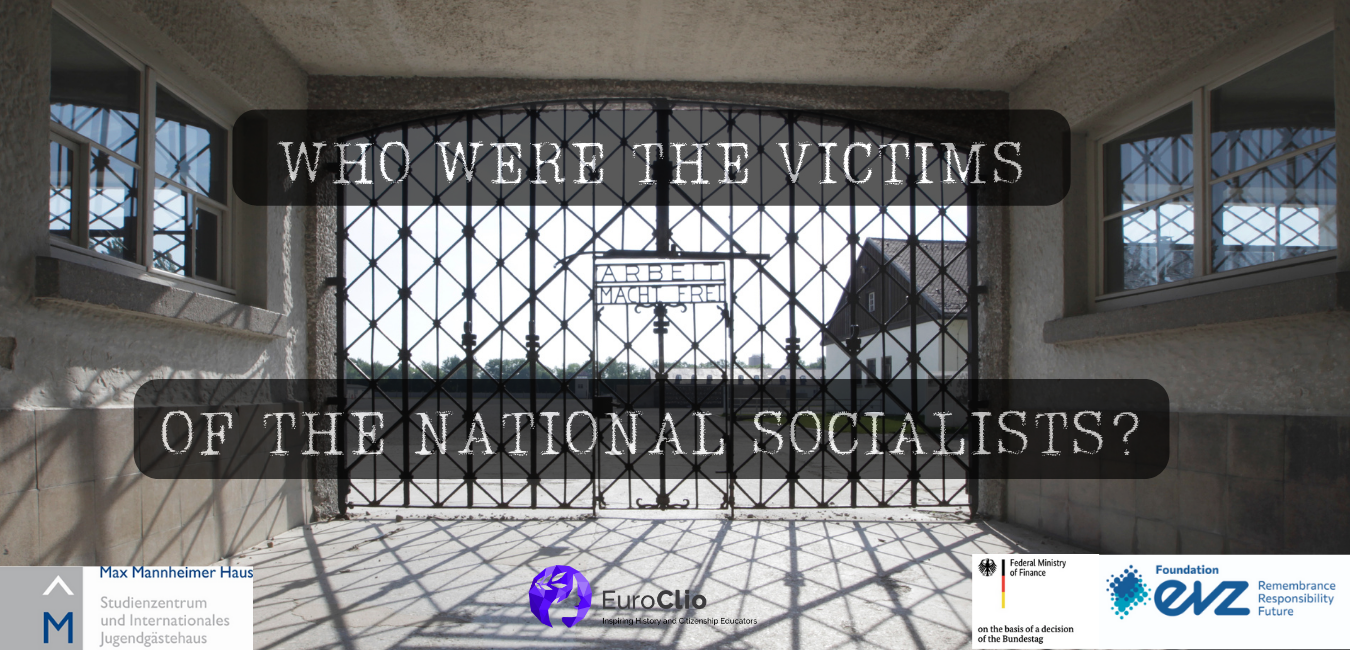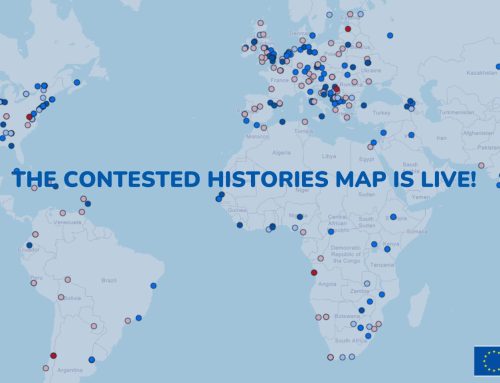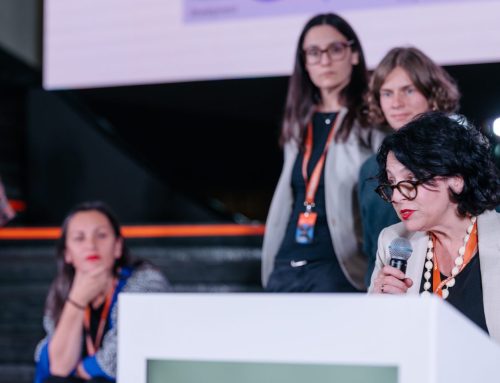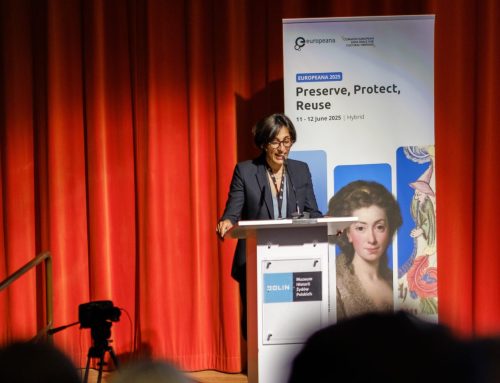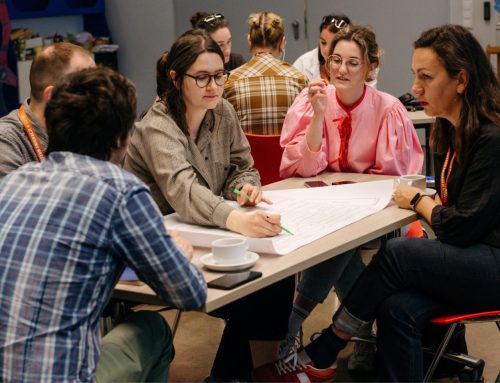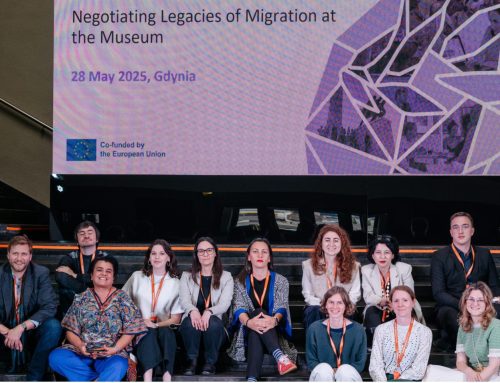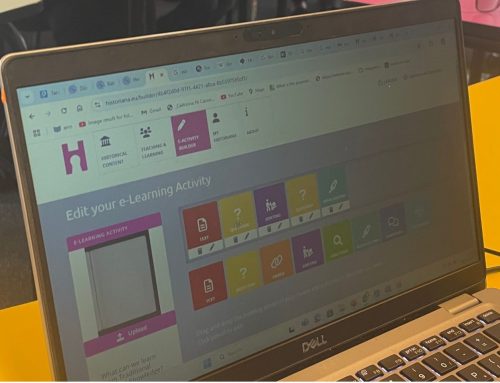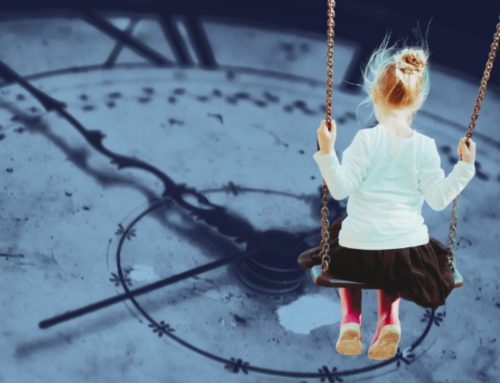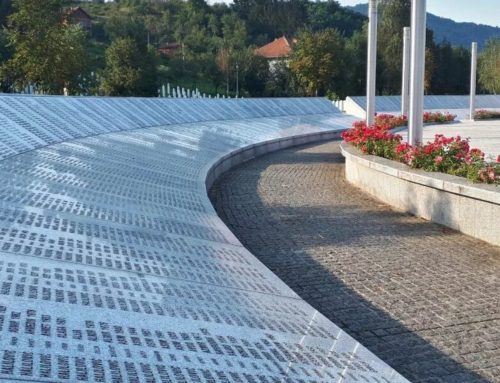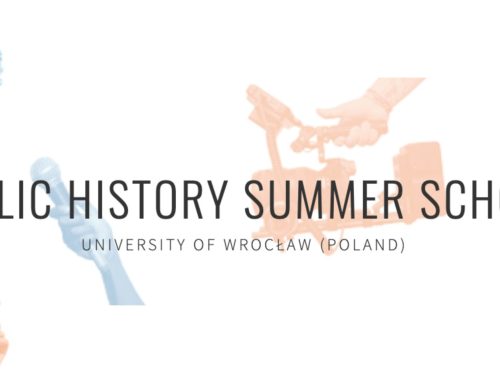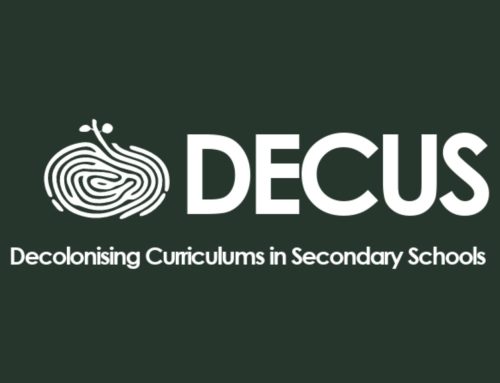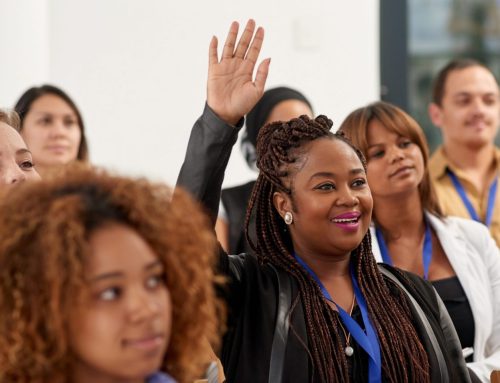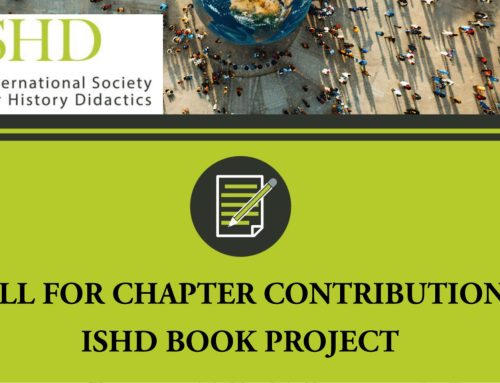On 23 and 24 September 2022, EuroClio and members of the project Who Were the Victims of the National Socialists? were hosted by Kazerne Dossin in Mechelen, Belgium, where we had our second in-person meeting. Following our first in-person meeting in Dachau, Germany in April, this meeting aimed to present results from the Local History Projects and facilitate teamwork on the development of the upcoming toolkit. The event was attended by Team Members from Belgium, Bosnia and Herzegovina, Denmark, Slovakia and Spain, as well as by our international group of Project Advisors and Council Members.
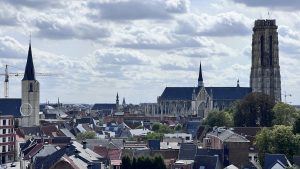
Mechelen, Belgium
On 22 September, some of the project participants visited the school LAB Gedreven Onderwijs in Puurs-Sint-Amands, where one of the Team Members from Belgium, Ann-Katrien de Clippele, is a teacher. There, we learned about the methodology of project-based learning, which forms a crucial part of the school’s teaching methods, and more about how it can be integrated into education curricula.
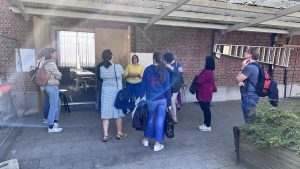
Visit to LAB Sint-Amands
The meeting began on 23 September. The Team Members from the five participating countries gave presentations about the Local History Projects that had been carried out by their students. They shared about the students’ processes of developing their projects, as well as insights into their engagement with place-based learning. This was followed by outdoor reflection walks, where participants with different roles in the project paired up to discuss the challenges of conducting Local History Projects. Some of the issues explored included the availability of historical sources in different European languages and the maximisation of youth agency in the learning process.
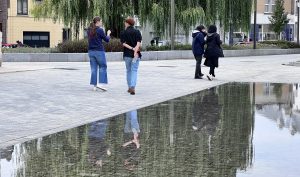
Outdoor reflection walks
The day concluded with an archive tour at the Kazerne Dossin Memorial, Museum and Documentation Centre. The memorial is on the site of the former Mechelen transit camp, which served as a collection point for Belgian Jews and Romani before their deportation to concentration camps in Eastern Europe during World War Two. Archivist Dorien Styven presented some objects from the museum collection, shared anecdotes about archival research on Holocaust victims, and explained the significance of these activities for survivors and descendants today.
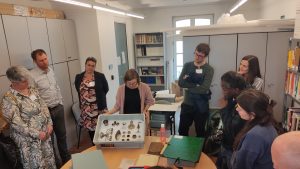
Presentation of archival objects by Dorien Styven of the Kazerne Dossin Memorial
The next day of the meeting, 24 September, was dedicated largely to the development of the toolkit. Project participants worked in small groups to exchange their thoughts about the methodologies, pedagogical information and historical content that will be integrated into the toolkit. They also explored how to connect their pilot Local History Projects to a toolkit that will be used more generally by schools across Europe. In a plenary group session, we discussed what the published toolkit should look like, and how to approach issues such as linking history education to present-day challenges faced by our societies.
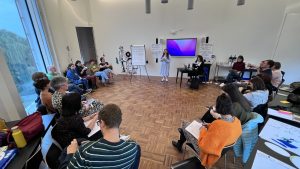
Plenary session
Parallel to these sessions, our Video Producer met with individual participants to conduct interviews. They shared numerous insights related to their different roles in the project: for example, Team Members talked about the value of collaborations between schools and archives, as well as the role of project-based learning in motivating and engaging students in the history classroom. Council Members who work as academics highlighted the importance of researching underrepresented victim groups, and of building bridges between academia and schools to reach a wide public audience.
This intensive and productive project meeting allowed participants to exchange ideas about their Local History Projects and project-based learning, in the specific context of education about the Holocaust and the victims of National Socialism. Through our discussions, we were also able to form a clearer idea of the goals and form of the upcoming learning toolkit. In the coming months, project participants will be working collaboratively on the content and overall design of the toolkit. In doing so, they will continue to draw on their interdisciplinary expertise to empower young people in learning about historical discrimination.
Special thanks to Isabelle Diependaele and the Kazerne Dossin Memorial in Mechelen for hosting the project meetings, and to Ann-Katrien de Clippele and LAB Sint-Amands for hosting our visit to their school.
Photos by Aaron Peterer and Paula O’Donohoe

